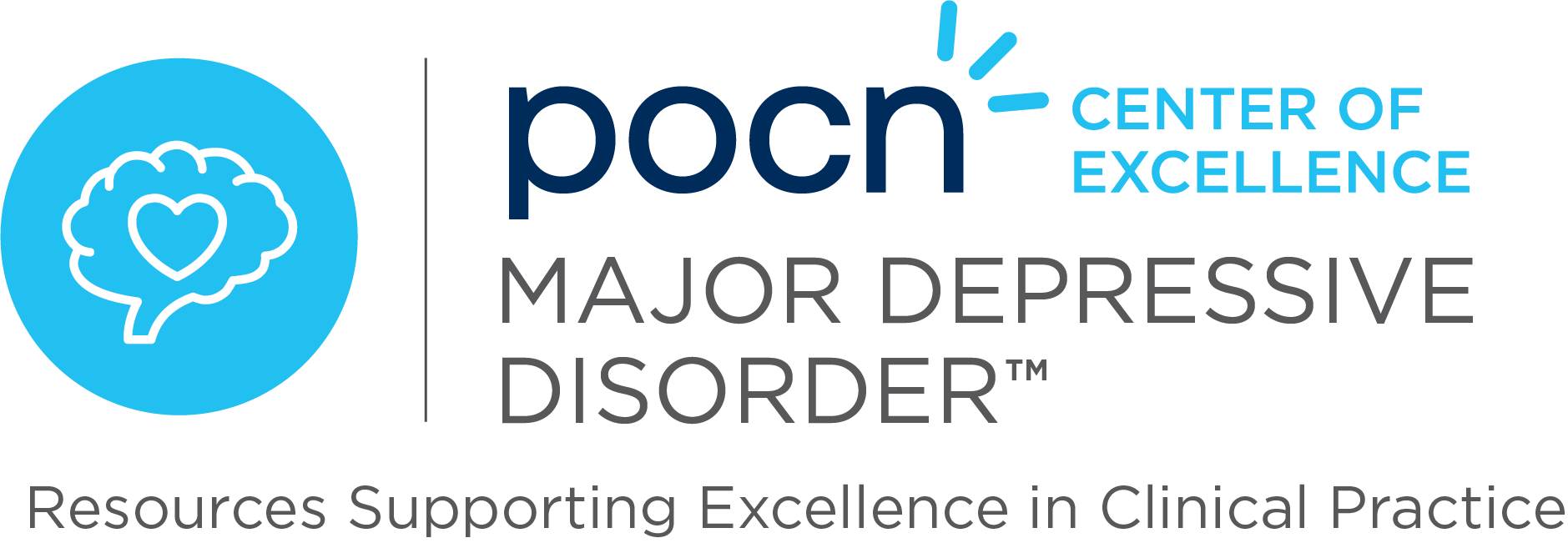This clinical practice guideline aims to enhance care for children and adolescents with major depressive disorder and persistent depressive disorder by summarizing psychosocial and psychopharmacologic treatments based on empirical evidence and expert guidance. This involves a comprehensive evaluation of scientific literature by the Research Triangle Institute International-University of North Carolina at Chapel Hill Evidence-based Practice Center and additional meta-analyses. The focus is on accurate assessment and implementation of treatments in clinical practice, informed by expert opinion, clinical practice guidelines, DSM-5-TR, and official prescription drug information.
Findings indicate that psychotherapy, particularly cognitive-behavioral and interpersonal therapies, and selective serotonin reuptake inhibitors (SSRIs) are supported by rigorous empirical evidence. However, the quality and quantity of empirical support for understanding and treating depression in this demographic are limited, highlighting a significant research gap. Key research needs include developing efficient, cost-effective, and accessible treatment delivery methods, understanding treatment sequences, addressing treatment non-responders and relapse, evaluating long-term effects and suicide risk associated with SSRIs, and discovering new pharmacological treatments.
Reference: Walter HJ, Abright AR, Bukstein OG, et al. Clinical Practice Guideline for the Assessment and Treatment of Children and Adolescents With Major and Persistent Depressive Disorders. J Am Acad Child Adolesc Psychiatry. 2023;62(5):479-502. doi: 10.1016/j.jaac.2022.10.001.


